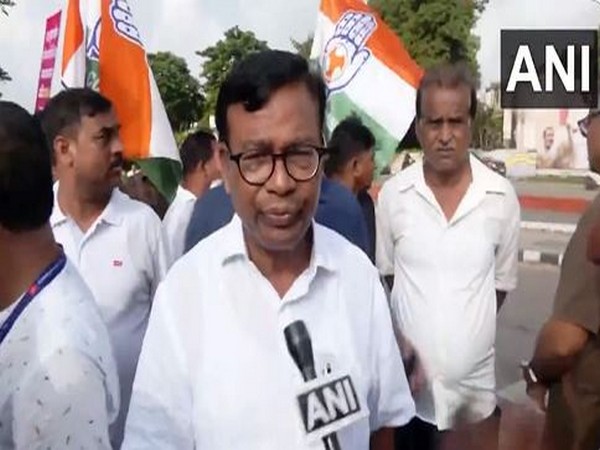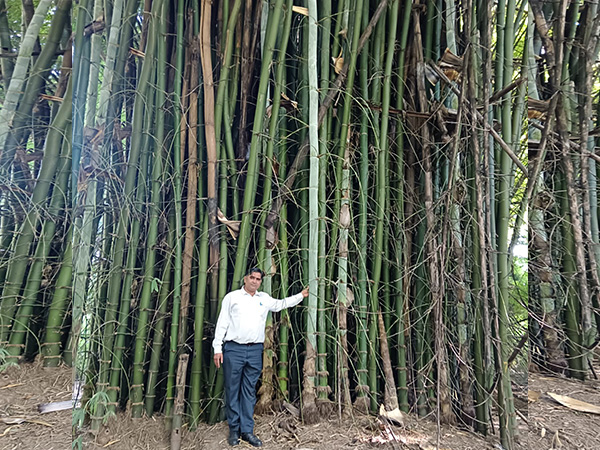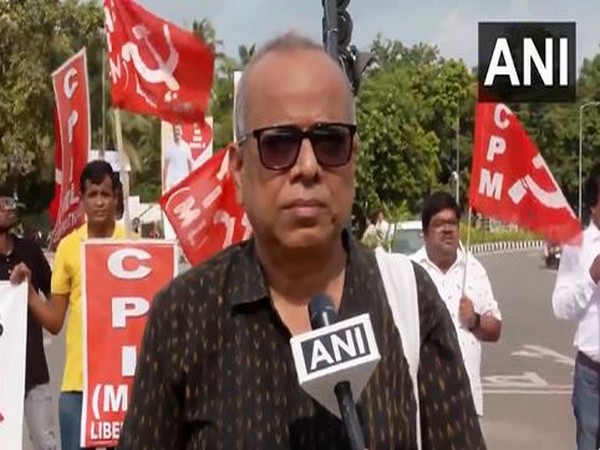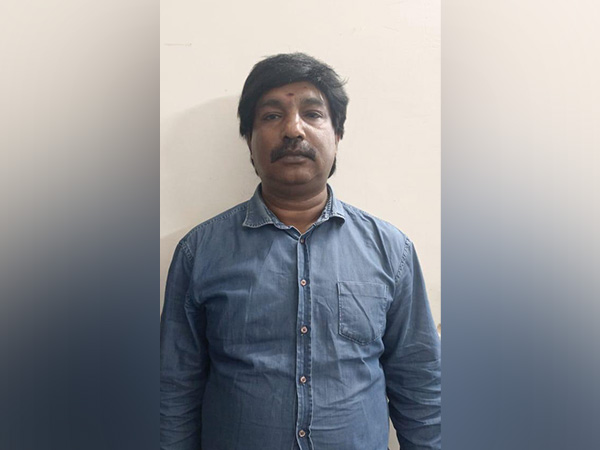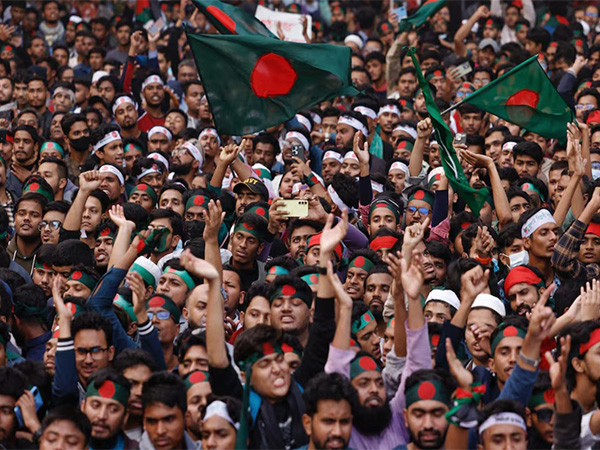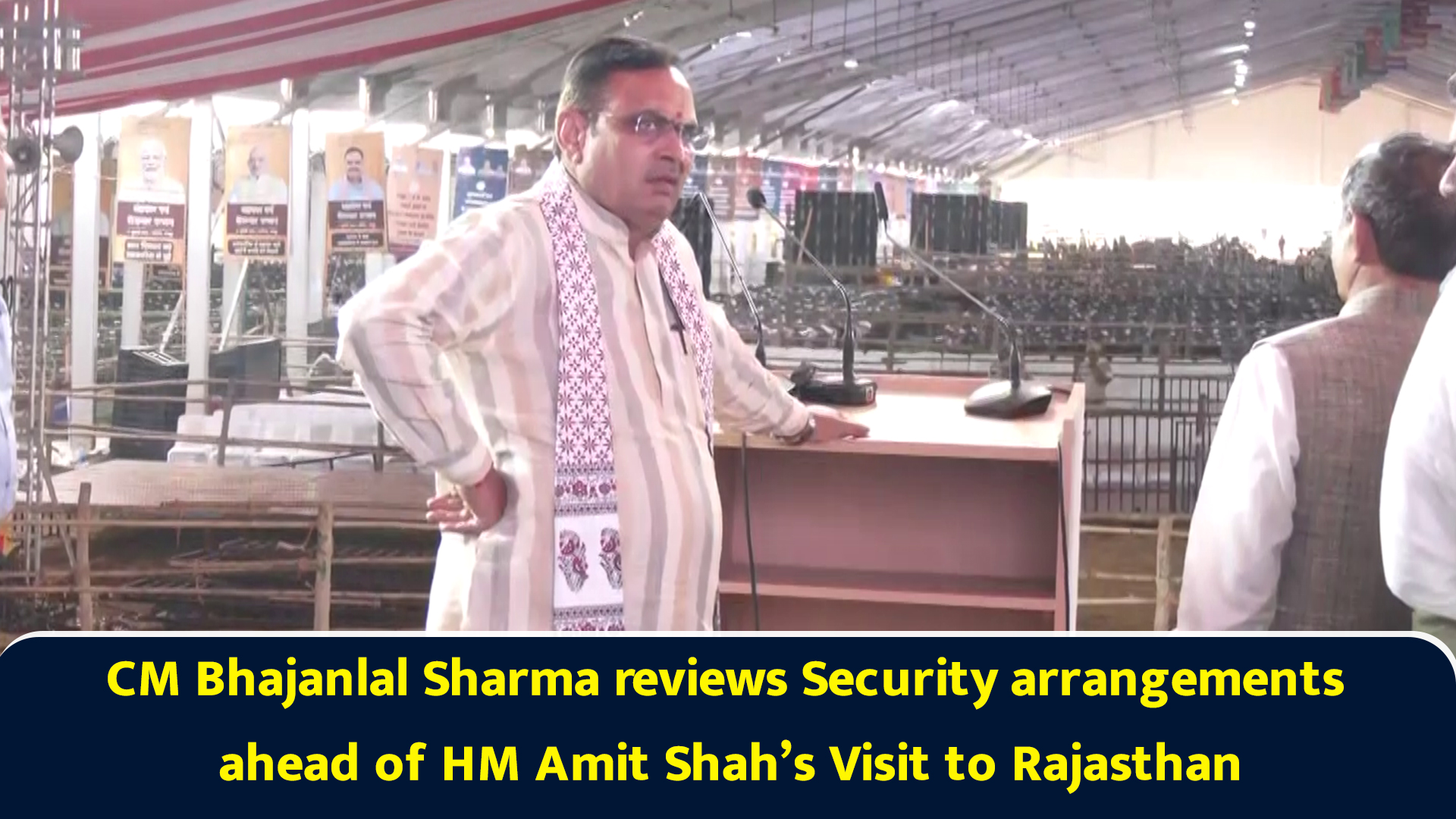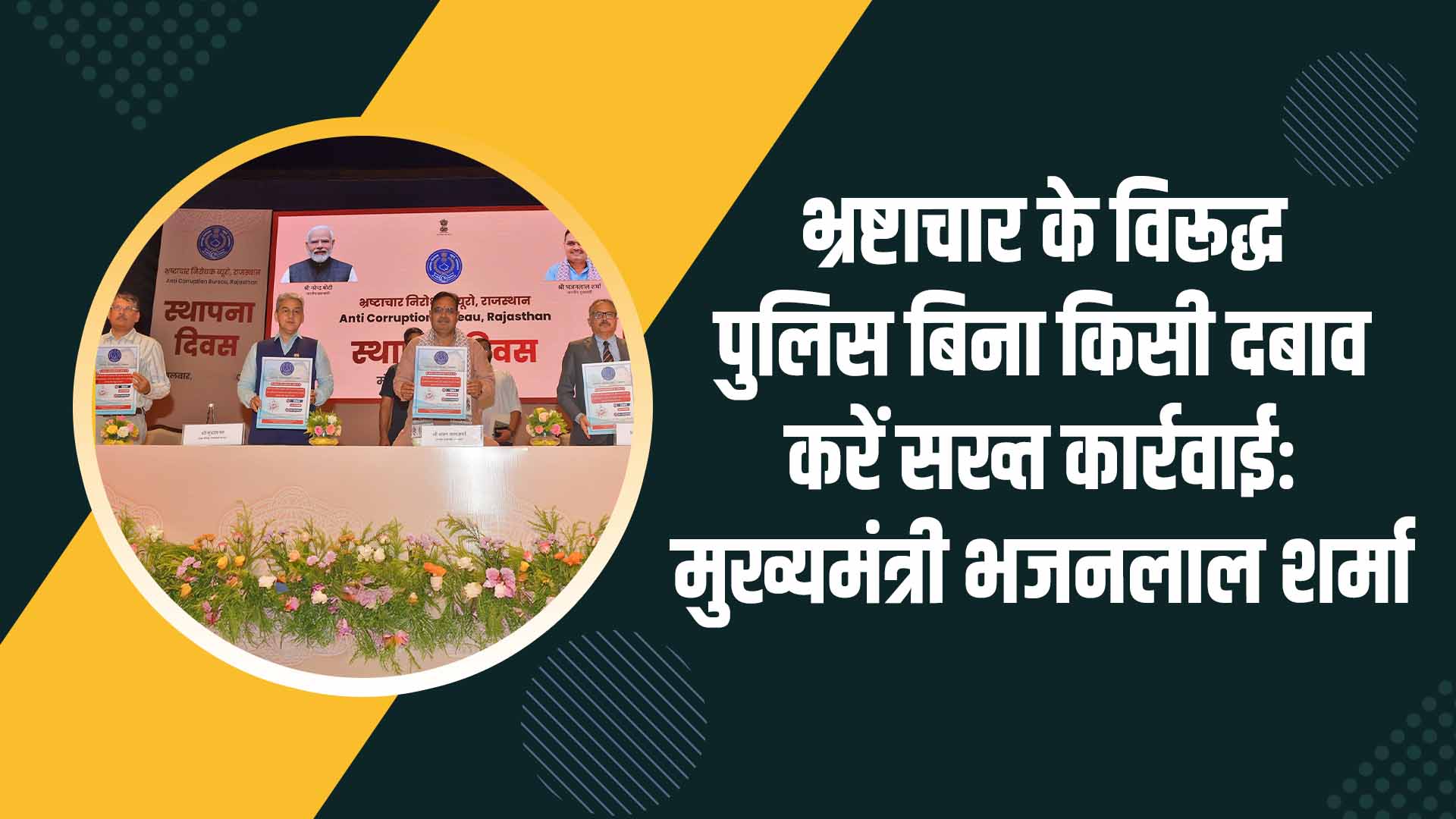Hijab ban: Can students wear whatever they want in educational institutes, asks SC
Sep 05, 2022

New Delhi [India], September 5 : The Supreme Court on Monday while hearing pleas challenging the ban on wearing hijab in educational institutions asked the petitioners whether girls can wear whatever they want in educational institutes.
A Bench of Justices Hemant Gupta and Sudhanshu Dhulia's remark came when the court was hearing various petitions challenging the Karnataka HC judgement upholding the ban in educational institutes.
Senior Advocate Sanjay Hegde, appearing for the petitioner raised questions on the state's power to prescribe the uniform as per the Karnataka Education Act.
The court asked if there is no such power to prescribe uniforms, can girls come in minis, middies, whatever they want.
The court remarked that there is a dress code in some public spaces as some restaurants allow a formal dress code, in some restaurants you can go in a casual dress.
The court also observed that wearing Hijab may be a religious practice, but the question is can you wear Hijab to a school where a uniform is prescribed?
Senior advocate Hegde tried to draw similarities with chunni and pagdi as he submitted that scarf is already a part of the uniform because chunni is allowed. But the same argument was not accepted by chunni and pagdi is different and cannot be compared to the hijab as it covers the shoulder.
Senior Advocate Sanjay Hegde also Karnataka Education Act to support his arguments and submitted that according to the rule if you have to change the uniform, you have to give at least one-year notice.
During the hearing, the Supreme Court sought to know how the discipline of the school is violated due to the wearing of the Hijab.
Karnataka Advocate General narrated the incident related to the issue and informed the SC that when some students started protesting for hijab, another set of students wanted to wear saffron shawls, which led to a situation of unrest and thereafter on Feb 5, Government Order was issued.
Karnataka AG said, "The government has directed institutions to prescribe uniforms and it does not violate the rights of the students. The government only says follow the uniform prescribed."
During the hearing the Supreme Court sought to know will Hijab be allowed in a minority institution. Karnataka AG replied, "Yes, there may be" and said that "the government has left it to the institution to decide the uniform and there is no government interference."
The court sought to know the stand regarding government colleges. AG replied that the government has left it to the College Development Council and some of them, like Udupi PUC, have taken a decision to not allow hijab.
Justice Gupta also asked about the Hijab in educational institutions run by Christians. According to Karnataka AG, Christian institutes are not allowing Hijab while the advocate for the petitioner said that some are allowing it.
As the hearing remained inconclusive, the matter was adjourned to September 7 (Wednesday) for further hearing.
Various petitioners have approached the apex court challenging the Karnataka HC order upholding the Karnataka government's order which directs strict enforcement of schools and colleges' uniform rules.
One of the appeals in the top court has alleged "step-motherly behaviour of government authorities which has prevented students from practising their faith and resulted in an unwanted law and order situation".
The appeal said the High Court in its impugned order "had vehemently failed to apply its mind and was unable to understand the gravity of the situation as well as the core aspect of the Essential Religious Practices enshrined under Article 25 of the Constitution of India".
"Wearing of Hijab or headscarf is a practice that is essential to the practice of Islam," it added.
The Karnataka High Court had earlier held that the prescription of uniforms is a reasonable restriction that students could not object to and dismissed various petitions challenging a ban on Hijab in education institutions saying they are without merit.
The Hijab row erupted in January this year when the Government PU College in Udupi allegedly barred six girls wearing the hijab from entering. Following this, the girls sat in protest outside college over being denied entry.
After this, boys of several colleges in Udupi started attending classes wearing saffron scarves. This protest spread to other parts of the state as well leading to protests and agitations in several places in Karnataka.
As a result, the Karnataka government said that all students must adhere to the uniform and banned both hijab and saffron scarves till an expert committee decided on the issue.
On February 5, the pre-University education board released a circular stating that the students could only wear the uniform approved by the school administration and no other religious attire would be allowed in colleges.
The order stated that in case a uniform is not prescribed by management committees, then students should wear dresses that go well with the idea of equality and unity, and do not disturb the social order.
A batch of petitions was filed against the government's rule in the Karnataka High Court by some girls seeking permission to wear the hijab in educational institutions.
On February 10, the High Court issued an interim order stating that students should not wear any religious attire to classes till the court issued the final order. The hearings related to the Hijab case were concluded on February 25 and the court had reserved its judgement.
